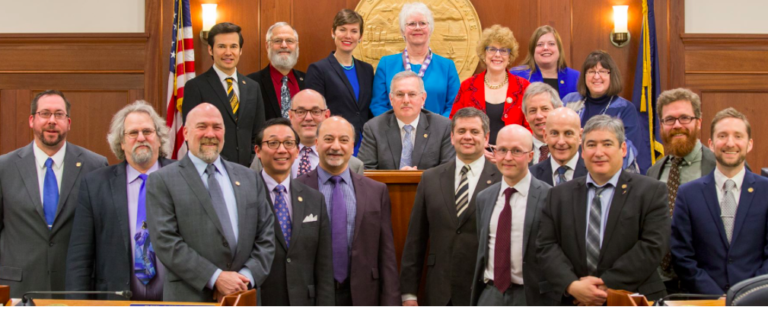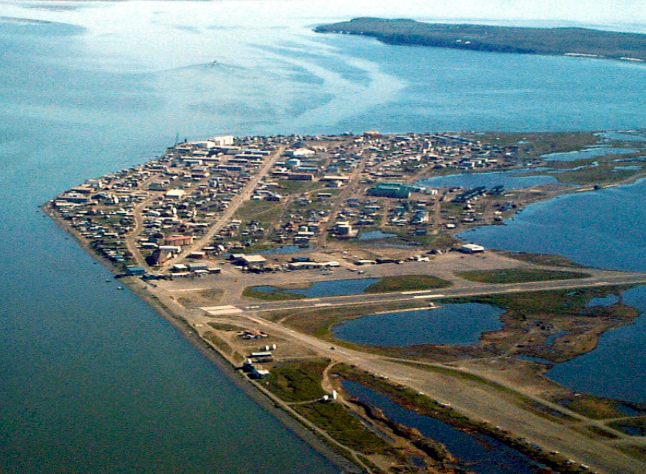THE COLE MEMO IS SWAMP LAW
U.S. Attorney General Jeff Sessions last week rescinded what is known as the “Cole Memo,” which states the federal government isn’t going to chase marijuana prosecutions in states where it’s legal.
It was the policy of the Obama administration to not interfere in states where pot has become the newest business on the block. The Alaska D.C. delegation and the governor of Alaska posted their objections to Sessions’ move. Sen. Lisa Murkowski called the move “regrettable.”
[Read: Quote of the Day: Sen. Dan Sullivan on Cole Memo]
The governor went all “me-too-state’s-rights” on the Trump Administration.
But Must Read Alaska differs with our delegation and governor. Here’s why:
The Cole Memo, like it or not, was Swamp Law, a product of the Deep State, where law is promulgated through memos and regulations, without Congress’ involvement. It’s a chicken’s way of getting around lawmakers.
Jeff Sessions has a point: The Cole Memo amounted to law. Laws should not be made via memo. Laws should be made by Congress.
Pot businesses who depend on one memo for their legality know they are out on a limb, and yet they’ve pioneered ahead, hoping that eventually legal marijuana will be settled law. The Cole Memo never did that, but only prioritized federal law enforcement.
The marijuana industry’s hair went on fire over the Sessions move last week, and their stocks stumbled, but all the attorney general really said is that it’s still up to federal prosecutors to decide whether to prosecute marijuana crimes in states where its use is legal. He did not call for any specific action to be taken. He just tore up the Cole Memo.
Under Article II of the Constitution, the executive branch is obligated to “take care that the laws be faithfully executed.” But resources have to be prioritized in law enforcement, so the effect of unwinding the Cole Memo is unclear.
What does Alaska’s U.S. Attorney say he’ll do?
He was intentionally vague. Bryan Schroder said he’ll follow federal law enforcement priorities. Drug enforcement is one of those priorities. He didn’t say whether he views marijuana in that drug category, and he left himself as much wiggle room as politically possible.
Eight states and the District of Columbia allow recreational and commercialized cannabis. Alaska is one of those states. Since the advent of legal commercialized cannabis, it’s been one of the only (ahem) growth areas in a bleak Alaska economy.
SMOKE THIS
The chair of the Alaska Marijuana Control Board quit last week after the reversal of the Cole Memo.
The now-former chairman, Soldotna Chief of Police Peter Mlynarik, served in the board’s seat reserved for law enforcement, and said if marijuana was ambiguously illegal, he might find himself in an odd position of having to arrest someone for selling pot at a licensed establishment.
Who will replace him? The board makes the policy that is having profound impacts on local governments and is reshaping communities, as pot stores are pop up across the state. It’s an important public service to serve on this board. People with a public safety background may apply for this seat.
The next seat that will open up is the public health seat now occupied by Juneau resident Loren Jones.

















